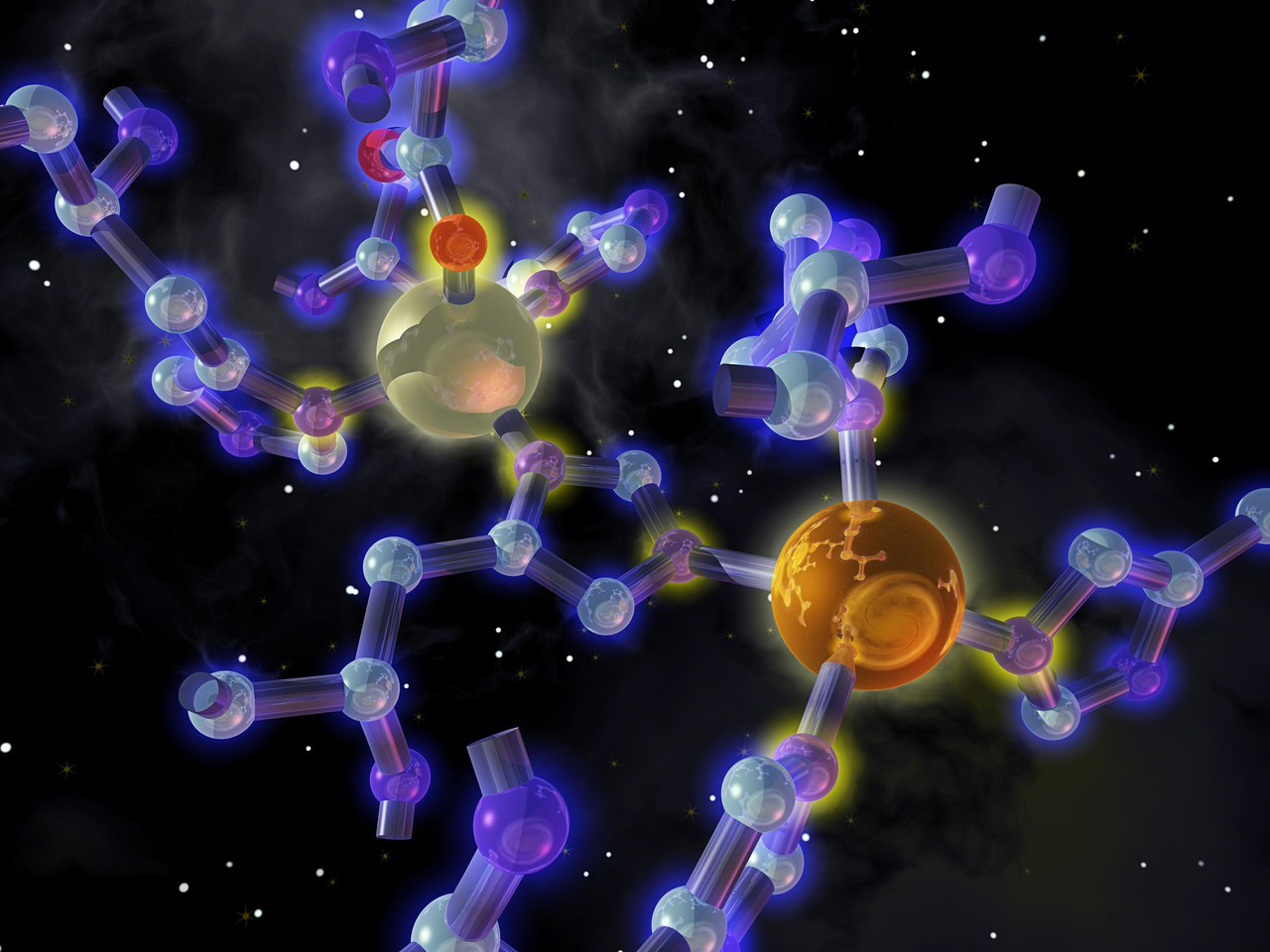Superoxide Dismutase (SOD) is an enzyme that plays a crucial role in antioxidant defense by catalyzing the dismutation of superoxide radicals into oxygen and hydrogen peroxide. There are three primary forms of Superoxide dismutase, each with a different metal cofactor:
Copper/Zinc SOD (Cu/Zn SOD): This is the most common form of Superoxide dismutase found in the cytoplasm of cells. It contains both copper and zinc ions as cofactors.
Manganese SOD (Mn SOD): This form is typically found in the mitochondria, and it contains manganese as its cofactor.
Extracellular SOD (Ec SOD): This form is present in the extracellular space and uses copper and zinc ions as cofactors.
The metal cofactors are essential for the enzyme’s activity, as they participate in the redox reactions involved in neutralizing superoxide radicals. Superoxide dismutase plays a crucial role in protecting cells from oxidative stress and preventing damage caused by reactive oxygen species.

Efficacy and Effect of Superoxide Dismutase
Superoxide Dismutase (SOD) is an enzyme that plays a crucial role in antioxidant defense mechanisms in the body. Its primary function is to catalyze the dismutation of superoxide radicals (O2-) into oxygen (O2) and hydrogen peroxide (H2O2). This process helps neutralize reactive oxygen species (ROS), which are highly reactive molecules that can cause damage to cells and tissues.
The efficacy and effects of Superoxide Dismutase include:
Antioxidant Defense: Superoxide dismutase is a key player in the body’s antioxidant defense system. By converting superoxide radicals into less harmful substances, it helps protect cells from oxidative stress.
Cellular Protection: The enzyme helps protect cells from the damaging effects of free radicals. Oxidative stress is linked to various health conditions, including aging and certain diseases, so SOD’s role in mitigating this stress is important for overall cellular health.
Anti-Inflammatory Effects: Oxidative stress and inflammation are interconnected processes. SOD’s antioxidant activity contributes to reducing inflammation, making it potentially beneficial in conditions associated with chronic inflammation.
Tissue Repair: Superoxide dismutase may play a role in tissue repair and regeneration. By minimizing oxidative damage, it supports the body’s natural ability to heal and recover from injuries.
Neuroprotection: There is evidence suggesting that Superoxide dismutase may have neuroprotective effects. It could potentially help protect neurons from oxidative damage, offering benefits in neurodegenerative conditions.

Cardioprotective: Superoxide dismutase may contribute to cardiovascular health by protecting the heart and blood vessels from oxidative stress. This could be particularly relevant in conditions such as cardiovascular diseases.
Potential Therapeutic Applications: Due to its antioxidant properties, Superoxide dismutase has been explored for potential therapeutic applications in various medical conditions. Research is ongoing to understand its role in the treatment or prevention of diseases.
It’s important to note that while Superoxide dismutase has potential health benefits, excessive supplementation may not always be beneficial, and the body’s natural regulation of antioxidant systems is complex. As with any supplement or treatment, it’s advisable to consult with a healthcare professional for personalized advice based on individual health circumstances.
